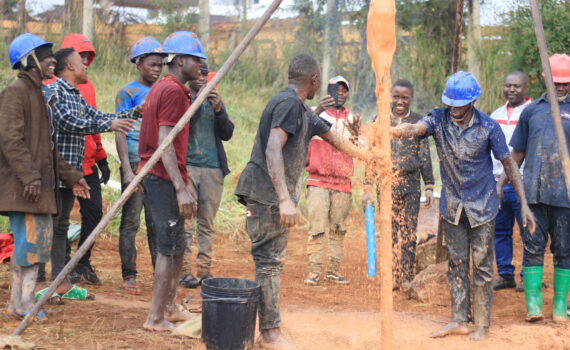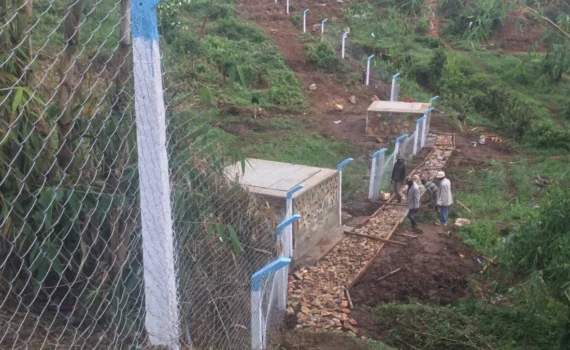
Empowering Communities with Self-Supply: A Sustainable Solution
Category:Water & SanitationThe Self-Supply Program is an initiative by SHIPO focused on strengthening the skills and professional capacities of local private sector actors, such as artisans, micro-entrepreneurs, and small enterprises. The overarching goal is to improve access to water and food security for rural and peri-urban residents in the Njombe, Iringa, Mbeya, and Ruvuma regions of Tanzania.
This project, funded by the SKAT Foundation, is ongoing and for the period spanning from January 1, 2023, to January 31, 2024, it specifically targeted areas in Njombe (Makete and Njombe Town/District), Iringa (Iringa District and Mufindi), and Mbeya/Songwe (Mbozi). The aim was to create a sustainable impact on water accessibility and food security through the professional development of local artisans and related workers.
The training program brought in 28 new trainees, of which 19 were drillers and 9 were pump producers, all of whom are male. It also supported 14 experienced beneficiaries, including 9 drillers and 5 pump producers. These individuals received training from a team of dedicated and experienced trainers, such as Laban Kaduma from the Uvinjo group in Njombe, who specializes in digging and drilling, and James Malekano from Umoja wa Vijana, who is an expert in pump production.
Under the guidance of trainers from reputable organizations like MVIWAARUSHA and the Water Institute of Tanzania, participants learned essential skills in groundwater drilling, pump production, business entrepreneurship, and marketing. The training focused on developing their abilities to explore local opportunities effectively, engage in participatory market research, and understand business analysis and market strategy.
The program has achieved remarkable results, exceeding expectations by reaching 43 male participants, which is 108% of the target. A significant number of beneficiaries, a total of 1,316 people now use the newly established water points as their main source of water, while 2,460 others use them for special events or on a day-use basis. Impressively, 98% of the water points tested were found to be biologically safe, highlighting the success of the project’s water management practices.
The training also built on the achievements of previous phases, which trained over 100 local artisans in manual drilling, pump production, and the construction of sanitation facilities. These efforts have resulted in the drilling of over 10,000 rope pump wells and significant improvements in agricultural practices, water management, and environmental conservation.
Overall, the Self-Supply Program is a testament to the power of local capacity building and its ability to foster sustainable development in water and food security. Stay tuned for more updates from SHIPO.




